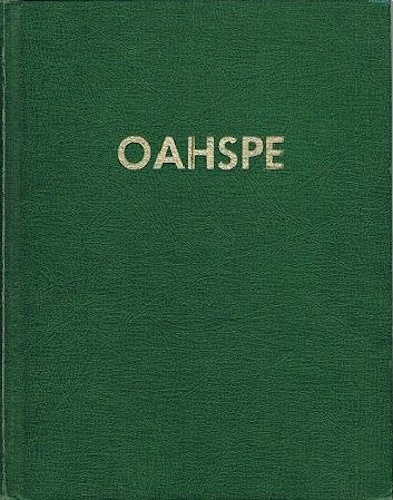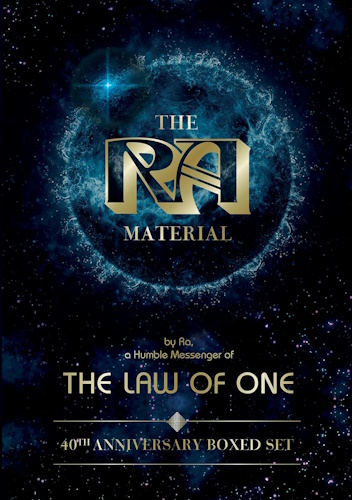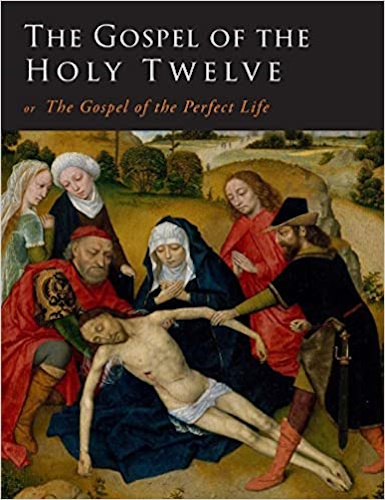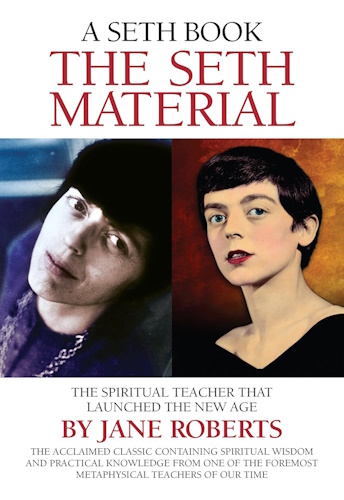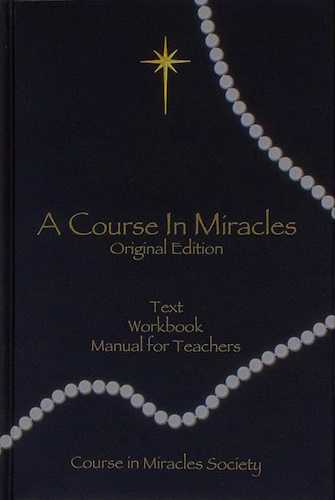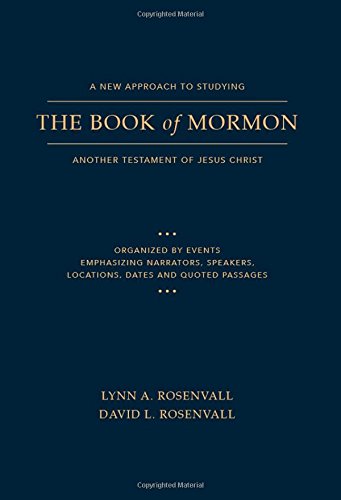
![]()
![]()
Book of Wars Against Jehovih
Chapter XLVIII
1. IN Haikwad, in Parsi'e, dwelt king Luthag, a man of great wisdom and kingly power. His capital city, Sowruts, lay on the border of Fonecea, and had twelve tributary cities, each city being ruled over by a king.
2. And great drouth came upon the regions ruled by Luthag; and, being a king of benevolence, he sent inspectors far and near, to find a country of water and good soil. But alas, they found not what was desired.
3. Luthag consulted the oracles, and behold, the angel, Egupt, came and answered the king, saying: Send thou thy seer and I will lead him. So the king sent for his high seer, and told him the words of the oracle. The seer said: Wherever the God touched thee, suffer thou me to touch also, and perhaps I can hear thy God speak.
4. The seer touched the king in the place, and at once the God spake to him, and he heard. So it came to pass, the God led the seer into Egupt, which
p. 442
at that time was called South Arabin'ya. The seer knew not the country, and he asked the God. The spirit said: Behold, the land of Egupt. Thus was named that land, which is to this day called Egypt.
5. The seer found the land fertile and well watered; and he returned to Parsi'e and informed the king. Thereupon the king commanded his people to migrate to Egupt. And they so went, in the first year fifty thousand, and in the second year one hundred thousand; and for many years afterward an equal number.
6. These things occurred in the seven hundredth year of the reign of De'yus in Hored. And in the space of two hundred years more, behold, the land of Egupt was peopled over with millions of people; for the drouth and famines in countries around about drove them hither.
7. Luthag sent his son to govern the land of Egupt, and he made it tributary to the kingdom of Sowruts. The son's name was Haxax; and when he was old and died, he left the governorship of Egupt to his son, Bakal, who broke the allegiance with Parsi'e and established all of Egupt as an independent kingdom. Bakal's son, Goth, succeeded him; and Goth enriched his kingdom with great cities and temples, and places of learning, and founded games and tournaments. Goth's daughter, Rabec, succeeded him; and was the first queen of Egupt. Rabec still further enriched the great land with cities and places of learning. Thus stood the country at the time De'yus was overthrown in his heavenly kingdom. And now for seventy years the Gods, Osiris, Baal, and Ashtaroth, and Egupt, had not much power with mortals.
8. And during this short period, the shepherd kings migrated into Egupt in vast numbers; and, in sympathy with these, and of kindred faith, were the followers of Abraham, the Faithists, who also migrated rapidly into Egupt.
9. Meantime the kingdom had passed from Rabec to her oldest son, Hwan; and to his oldest son, Naman; and to his oldest son, Sev; and to his daughter, Arma; and to her oldest son, Hotha; and to his oldest son, Rowtsag.
10. And here stood the matter when Osiris resolved to revise the records of mortals and angels as regardeth the history of creation by God; which he did according to his own decrees, which were as hereinbefore stated.
11. So it came to pass that through the oracles, king Rowtsag bestowed upon the libraries of Egupt the history of the creation of heaven and earth, with the origin of sin, and the creation of man, the first of whom was thence after called Adam, instead of A'su, adopting the Parsi'e'an word instead of the Vedic.
12. And these records were the same from which Ezra, three thousand years afterward, made selections, and erroneously attributed them to be the doctrines of the Faithists, who were called Iz'Zerlites. And the records of the Faithists were not kept, nor permitted in the state records, but kept amongst the Faithists themselves, for they were out-lawed then, even as they are to this day, because they would not adopt the Saviors and Gods of the state.
13. Rowtsag's son, Hi-ram, succeeded him; and Thammas, his son, succeeded Hi-ram. Thammas was a seer and prophet, and could see the Gods and talk with them understandingly. Thammas was succeeded by his daughter, Hannah; and she was succeeded by Hojax, who was a builder on the TEMPLE OF OSIRIS, commonly called the great GREAT PYRAMID.
14. In honor of the prophet of De'yus, the first mortal servant of Osiris, whose name was Thoth, Hojax named himself Thothma, which is to say, God-Thoth; for Osiris told Hojax: Thou art the very Thoth re-incarnated; and behold, thou shalt be God of the earth.
15. Thothma could hear the Gods and talk with them understandingly. And to him, Osiris, through his angel servant God, Egupt, gave especial care from his youth up. At the age of sixteen years, Thothma passed the examination in the house of philosophy, and in astronomy and mineralogy. At seventeen he passed THE BUILDER'S SCHOOL and the HISTORIES OF THE THOUSAND GODS. At eighteen he was admitted as an ADEPT IN LIFE AND DEATH, having power to attain the dormant state; and to see without his mortal eyes, and to hear without his mortal ears. At nineteen, he ascended the throne, it being the time of the death of his father and mother.
16. For because Osiris desired to use Thothma, he sent his destroying angels, and they inoculated the breath of Hannah and her husband, and they died by poison in the lungs.
17. Osiris, through his servant God, Egupt, thus spake to Thothma, saying: My son, my son! Thothma said: I hear thee, O God, what wouldst thou? Osiris said: Provide thou a dark chamber
p. 443
and I will come to thee. Thothma provided a dark chamber, and then Osiris through his servant God, came to him, saying:
18. Thou hast great wisdom, but thou forgettest thy promise! Thothma said: In what, O God? Osiris said: When thou wert in heaven, thou saidst: Now will I go down to the earth and re-incarnate myself, and prove everlasting life in the flesh. For many years Osiris had told this same thing to Thothma until he believed faithfully he had so been in heaven, and returned, and re-incarnated himself for such purpose.
19. And he answered Osiris, saying: Like a dream it so seemeth to me, even as thou sayest.
20. Osiris asked Thothma what was the greatest, best of all things. Thothma said: There are but two things, corporeal and spiritual.
21. Osiris said: True. What then is wisdom? Thothma said: To acquire great corporeal knowledge in the first place; and in the second, to acquire spiritual knowledge. But tell me, thou God of wisdom, how can a man attain the highest spiritual knowledge?
22. Osiris said: To come and dwell in heaven and see for one's self. Thothma said: How long shall a man sojourn in heaven in order to learn its wisdom? Osiris said: One day; a hundred days; a thousand years; a million years, according to the man.
23. Thothma said: If one could leave the corporeal part for a hundred days and travel in heaven for a hundred days, would it profit him? Osiris said: To do that is to master death. Behold, thou hast already attained to power of the dormant state. To control the course of the spirit; that is the next lesson.
24. Thothma said: Behold, O God, I have attained to the power of the dormant state, even as the magicians who submit to be buried for ninety days. Yea, and I go hence in spirit, and see many things, but my soul is like a breath of wind, and goeth at random.
25. Osiris said: Provide thou me a temple, and I will come and teach thee. Thothma said: How to keep the body so long, that it be not damaged, that is a question? The magicians who have been buried long, and being dug up and resuscitated, find their bodies so damaged that they die soon after.
26. Osiris said: Thou shalt build a TEMPLE OF ASTRONOMY, and dedicate it unto Osiris, Savior of men and angels, God of heaven and earth. And it shall be built square with the world, east and west and north and south. And the observing line shall be with the apex of the Hidan vortex, which lieth in the median line of the variation of the north star (Tuax).
27. In the form of a pyramid shalt thou build it; measure for measure, will I show thee every part.
28. And thou shalt provide such thickness of walls that no sound, nor heat, nor cold, can enter therein; and yet thou shalt provide chambers within, suitable for thyself and for thy chiefs, and thy friends, who are also adepts. For I have also provided the earth unto heaven, and heaven unto the earth; and my angels shall come and dwell for a season on the earth; and my earth-born shall go and dwell for a season in heaven; yea, they shall come to me on my throne and behold the glories I have prepared for them.
29. Nor shall my temple be exclusive, but open unto all who will pursue the philosophies of earth and heaven. For which reason thou shalt build it with the sun, moon and stars; and it shall be a testimony unto the nations of the earth that thou art the highest of all mortals, and first founder of everlasting life in the flesh. For as the angels of heaven can return to the earth and take upon themselves corporeal bodies for a season, so shalt thou master thine own flesh to keep it as thou wilt. For this is the end and glory for which I created man on earth.
-
Urantia Book, 44:0.11 - The Celestial Artisans
Never in your long ascendancy will you lose the power to recognize your associates of former existences. Always, as you ascend inward in the scale of life, will you retain the ability to recognize and fraternize with the fellow beings of your previous and lower levels of experience. Each new translation or resurrection will add one more group of spirit beings to your vision range without in the least depriving you of the ability to recognize your friends and fellows of former estates.
-
Princess Bride 1987 Wallace Shawn (Vizzini) and Mandy Patinkin (Inigo Montoya)
Vizzini: HE DIDN'T FALL? INCONCEIVABLE.
Inigo Montoya: You keep using that word. I do not think it means what you think it means. -
Urantia Book, 117:4.14 - The Finite God
And here is mystery: The more closely man approaches God through love, the greater the reality -- actuality -- of that man. The more man withdraws from God, the more nearly he approaches nonreality -- cessation of existence. When man consecrates his will to the doing of the Father's will, when man gives God all that he has, then does God make that man more than he is.
-
Urantia Book, 167:7.4 - The Talk About Angels
"And do you not remember that I said to you once before that, if you had your spiritual eyes anointed, you would then see the heavens opened and behold the angels of God ascending and descending? It is by the ministry of the angels that one world may be kept in touch with other worlds, for have I not repeatedly told you that I have other sheep not of this fold?"
-
Urantia Book, Foreword - 0:12.12 - The Trinities
But we know that there dwells within the human mind a fragment of God, and that there sojourns with the human soul the Spirit of Truth; and we further know that these spirit forces conspire to enable material man to grasp the reality of spiritual values and to comprehend the philosophy of universe meanings. But even more certainly we know that these spirits of the Divine Presence are able to assist man in the spiritual appropriation of all truth contributory to the enhancement of the ever-progressing reality of personal religious experience—God-consciousness.
-
Urantia Book, 1:4.3 - The Mystery Of God
When you are through down here, when your course has been run in temporary form on earth, when your trial trip in the flesh is finished, when the dust that composes the mortal tabernacle "returns to the earth whence it came"; then, it is revealed, the indwelling "Spirit shall return to God who gave it." There sojourns within each moral being of this planet a fragment of God, a part and parcel of divinity. It is not yet yours by right of possession, but it is designedly intended to be one with you if you survive the mortal existence.
-
Urantia Book, 1:4.1 - The Mystery Of God
And the greatest of all the unfathomable mysteries of God is the phenomenon of the divine indwelling of mortal minds. The manner in which the Universal Father sojourns with the creatures of time is the most profound of all universe mysteries; the divine presence in the mind of man is the mystery of mysteries.
-
Urantia Book, 1:4.6 - The Mystery Of God
To every spirit being and to every mortal creature in every sphere and on every world of the universe of universes, the Universal Father reveals all of his gracious and divine self that can be discerned or comprehended by such spirit beings and by such mortal creatures. God is no respecter of persons, either spiritual or material. The divine presence which any child of the universe enjoys at any given moment is limited only by the capacity of such a creature to receive and to discern the spirit actualities of the supermaterial world.
-
Urantia Book, 11:0.1 - The Eternal Isle Of Paradise
Paradise is the eternal center of the universe of universes and the abiding place of the Universal Father, the Eternal Son, the Infinite Spirit, and their divine co-ordinates and associates. This central Isle is the most gigantic organized body of cosmic reality in all the master universe. Paradise is a material sphere as well as a spiritual abode. All of the intelligent creation of the Universal Father is domiciled on material abodes; hence must the absolute controlling center also be material, literal. And again it should be reiterated that spirit things and spiritual beings are real.
-
Urantia Book, 50:6.4 - Planetary Culture
Culture presupposes quality of mind; culture cannot be enhanced unless mind is elevated. Superior intellect will seek a noble culture and find some way to attain such a goal. Inferior minds will spurn the highest culture even when presented to them ready-made.
-
Urantia Book, 54:1.6 - True And False Liberty
True liberty is the associate of genuine self-respect; false liberty is the consort of self-admiration. True liberty is the fruit of self-control; false liberty, the assumption of self-assertion. Self-control leads to altruistic service; self-admiration tends towards the exploitation of others for the selfish aggrandizement of such a mistaken individual as is willing to sacrifice righteous attainment for the sake of possessing unjust power over his fellow beings.
-
Urantia Book, 54:1.9 - True And False Liberty
How dare the self-willed creature encroach upon the rights of his fellows in the name of personal liberty when the Supreme Rulers of the universe stand back in merciful respect for these prerogatives of will and potentials of personality! No being, in the exercise of his supposed personal liberty, has a right to deprive any other being of those privileges of existence conferred by the Creators and duly respected by all their loyal associates, subordinates, and subjects.
-
Urantia Book, 54:1.8 - True And False Liberty
There is no error greater than that species of self-deception which leads intelligent beings to crave the exercise of power over other beings for the purpose of depriving these persons of their natural liberties. The golden rule of human fairness cries out against all such fraud, unfairness, selfishness, and unrighteousness.
